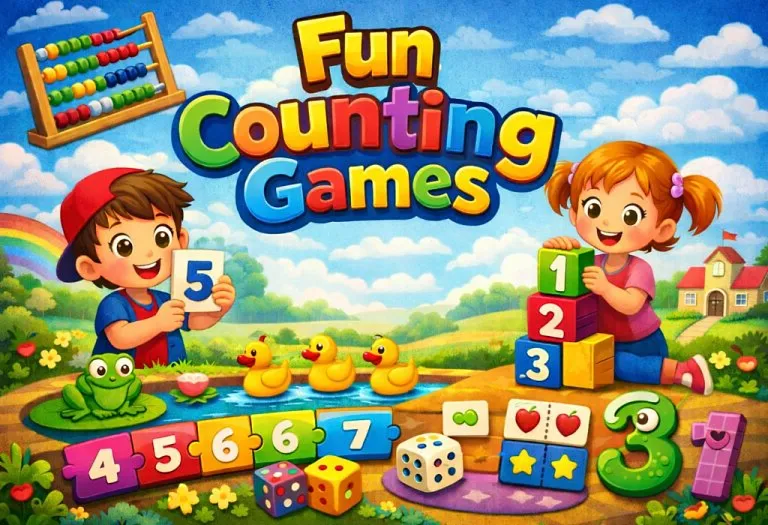List of Vaccines for a 15-Month-Old Baby

Vaccination is the most effective and safest way to protect your children from all contagious diseases. Vaccinations help develop immunity in the body to fight off various pathogens and prevent illnesses and complications. Thanks to several vaccination awareness campaigns, several illnesses have been eradicated from our country. The immunisation schedule, which is categorised by age, ensures children receive necessary vaccinations at the right time to build protection. In this article, we will discuss 15-month vaccines. Our detailed guide on the 15-month baby vaccination schedule provides information on dosage, precautions, side effects, cost, after-care, what to do if you miss a vaccination, and more.
Important Vaccinations Required for a 15-month-old Baby
Giving vaccination to a baby right from the start is very important to protect them from any diseases. If your baby has turned 15 months, you would want to know what vaccinations they will need at this age. As a parent, you must make sure that none of the vaccinations are missed and the child remains protected throughout.
1. Measles, Mumps, and Rubella (MMR2)
This vaccination is a combination administered against Measles, Mumps, and Rubella. Measles is a highly contagious respiratory disease, while mumps and Rubella are contagious infections caused by a virus (1). The second dose of MMR is given between 15 and 18 months (2).

Prevents Your Child From
The MMR 2 vaccine protects your child from three diseases: Measles, Mumps, and Rubella.
Dosage
A single dose of MMR 2 is around 0.5 ml. It is administered subcutaneously into the thigh or upper thigh muscle, or can also be given in the back of the arm, over the triceps muscle.
Previous
The first dose is given to a child when the baby is nine months old.
Next
The third and final dose is administered when the baby is between 4-6 years.
Precautions to Take
If the 15-month vaccination schedule coincides with a moderate or severe acute illness, then it is best to defer the MMR 2 vaccination.
Are There Any Side Effects?
Like any other medicine, vaccines also have side effects. However, these side effects are harmless compared to being affected by measles, mumps, and rubella. The most common side effects of MMR 2 vaccination are fever, mild rash, soreness in the arm and temporary stiffness or pain in joints.
Cost of Vaccination
The cost of the MMR 2 vaccine varies according to the brand, manufacturer, and type (vial or injection). The cost varies from Rs 155 to Rs 600 per dose.
What If You Miss the Vaccination?
If your child misses a vaccination dose, he can still catch up. Talk to your doctor about it and arrange for the remaining doses at the earliest.
How to Take Care After the Vaccination?
If your child gets a rash without any symptoms, he will not need any treatment, as the rash will go away. Ask your doctor if paracetamol or any other medication can be given for pain or fever. If the injection area feels sore, put a cold cloth over it for 5-10 minutes to soothe it.
2. Varicella 1
This vaccination is given to children in the form of an injection to children who are 15 months and above. According to Immunize.org, one dose is administered at the age of 12-15 months, and the second dose at 4-6 years (3).
Prevents Your Child From
The varicella vaccine helps protect children from varicella (chickenpox), which is a viral illness and is highly contagious (4).
Dosage
The Varicella 1 vaccine is administered as a subcutaneous injection, which is a 0.5 ml dose.
Previous
There is no dose of Varicella 1 given to the child before the age of 15 months. The first dose is given at 15 months.
Next
The second dose can be given after 3 months or between the ages of 4 and 6 years.
Precautions to Take
Children who have shown severe allergic reactions to gelatin or the antibiotic neomycin should not be given the vaccine. Also, if the first varicella vaccine has produced a reaction, the second one shouldn’t be repeated. If you have a family history of seizures, keep your doctor updated so he can decide if the vaccination can be given.
Are There Any Side Effects?
All medicines have some potential side effects, and so does this vaccine; however, none of them are severe. Pain, swelling, and redness in the injected area are some of the common side effects of this vaccine. Some children may also develop a mild rash with fever.
Cost of Vaccination
Although the cost of vaccination can vary with different brands and manufacturers, the average cost of a varicella vaccine remains Rs 1600 to Rs 2300 in India.
What If You Miss the Vaccination?
Though it is highly recommended to follow the vaccination schedule, it could happen that your baby misses one in between. But there is nothing to worry about. The missed vaccine can be given to the child at the earliest.
How to Take Care After the Vaccination?
Your child may get a slight fever after the vaccination for a few days. Giving a sponge bath can help in reducing the fever, but speak to your doctor if the fever persists.

3. PCV Booster
Pneumococcal disease is an infection caused by a bacterium which affects the inner ear, sinuses, and causes pneumonia, meningitis, etc. Pneumococcal 10 and 13-valent conjugate vaccines (PCV 10 and PCV 13) are available and used to prevent infection caused by pneumococcal bacteria.
Prevents Your Child From
The PCV Booster prevents your baby’s lungs, blood, and brain from being infected by pneumococcal bacteria. This vaccine contains seven types of pneumococcal bacteria so that the child develops immunity against these diseases.
Dosage
The PCV booster vaccine is administered when the child is 12 through 15 months of age. This is a single booster dose, which is injected intramuscularly (5).
Previous
The first dose is given when the baby is 6 weeks old, followed by PCV 2 at 10 weeks. PCV 3 is given at week 14, and then the last one is administered at 15 months.
Next
There is no dose to be given after the PCV Booster at 15 months.
Precautions to Take
If your baby has a history of seizures, a weakened immune system, or is prone to easy bruising, speak to your doctor before the PCV booster is administered. The PCV booster can be deferred if the child has a severe illness with fever.
Are There Any Side Effects?
There are a few serious side effects of this vaccination, like breathing trouble, seizure, high fever, bleeding or high fever. Other side effects include skin rash, weakness, drowsiness, and loss of appetite.
Cost of Vaccination
The approximate cost of PCV Booster ranges between Rs 1400 to Rs 3800, depending on the brand and manufacturer.
What If You Miss the Vaccination?
You should give the next dose to your child as soon as possible after missing a dose. You could get behind schedule, but there is no need to start all over again. Remember, giving the booster on time ensures that your baby is well-protected all the time.
How to Take Care After the Vaccination?
PCV Booster vaccine could cause severe and mild side effects. Ensure to speak to your doctor if you notice either of them. In case of soreness around the injected area, apply a cold towel to calm your baby.
FAQs
1. What are the milestones achieved by a baby in 15 months?
Milestones, such as saying words like ‘mama’ or ‘dada,’ stacking at least two blocks on top of the other, showing affection with hugs, cuddles, and kisses, following directions, copying other children while playing, looking at familiar objects when you name them, and taking independent steps (6) (7).
2. If my child misses a vaccination, what should I do?
If your child misses any vaccination dose, the IAP advises discussing catch-up shots with your paediatrician as soon as possible. You do not necessarily need to start the schedule again; just get your child vaccinated and complete the rest of the schedule. For the best information, please reach out to your paediatrician (8).
3. What other vaccine is administered around 15 months of age?
The fourth dose of Diphtheria, tetanus, pertussis (DTaP) out of 5 is administered from 15 through 18 months old (9).
4. Why is vaccination important for children?
Vaccinations safeguard children from illnesses that could lead to severe harm or even death, particularly in individuals with immature immune systems like infants. Vaccinating your child is crucial. Failing to do so could cause a resurgence of highly infectious diseases such as measles, diphtheria, and polio, which were previously eradicated in numerous countries (10).
The above-mentioned vaccines are mandatory for your 15-month-old baby. Make sure you keep a track of the schedule so that your child doesn’t miss any of them. This will keep your little one protected all around, and you will have peace of mind.
References/Resources:
1. Indian Academy of Pediatrics – MMR Vaccine
2. SingHealth – Child Vaccination Schedule: From 15 Months Old to 11 Years Old
3. Immunize.org – Varicella (Chickenpox): Questions and Answers
4. Indian Academy of Pediatrics – VARICELLA (CHICKENPOX) VACCINE
5. Indian Academy of Pediatrics – Pneumococcal Conjugate Vaccines (PCVs)
6. Nemours KidsHealth – Well-Child Visit: 15 Months
7. CDC – Important Milestones: Your Baby By Fifteen Months
8. Indian Academy of Pediatrics – Recommendations for Vaccination
9. UpToDate – Standard recommended vaccine schedule for children age 0 through 6 years (US)
10. UNICEF – Vaccines for children: Your questions answered
Also Read:
Vaccination for Newborn
Vaccines for 14 Month Old
Vaccines for 16 to 18 Month Old
Was This Article Helpful?
Parenting is a huge responsibility, for you as a caregiver, but also for us as a parenting content platform. We understand that and take our responsibility of creating credible content seriously. FirstCry Parenting articles are written and published only after extensive research using factually sound references to deliver quality content that is accurate, validated by experts, and completely reliable. To understand how we go about creating content that is credible, read our editorial policy here.







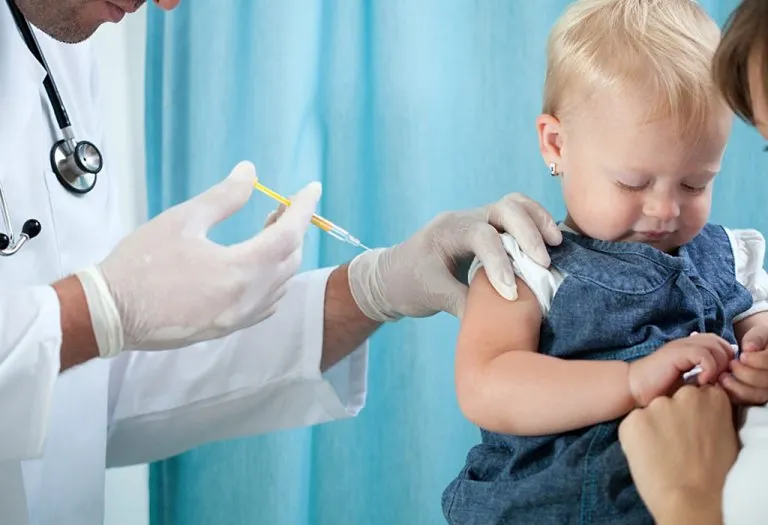

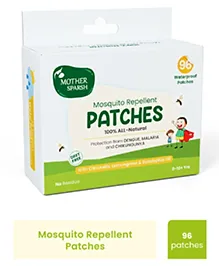
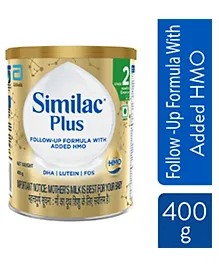
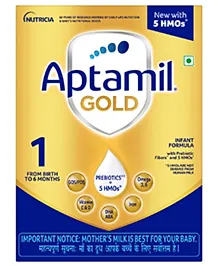
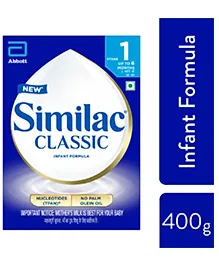
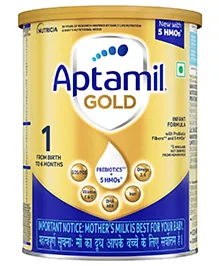
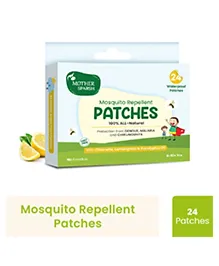
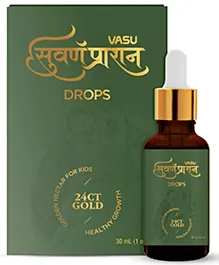
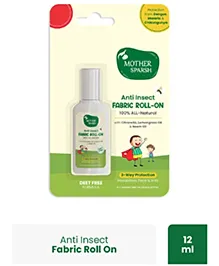
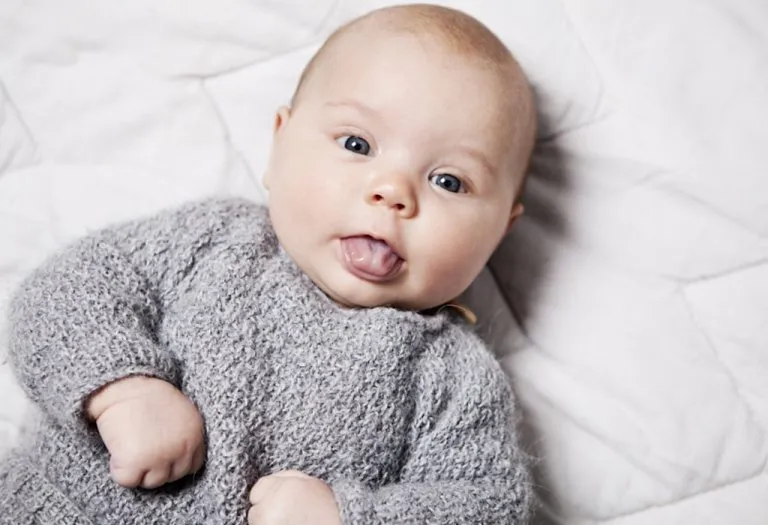
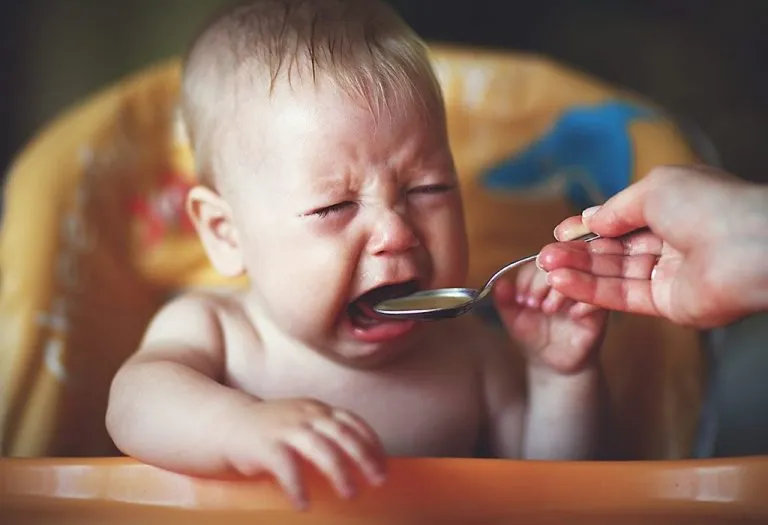

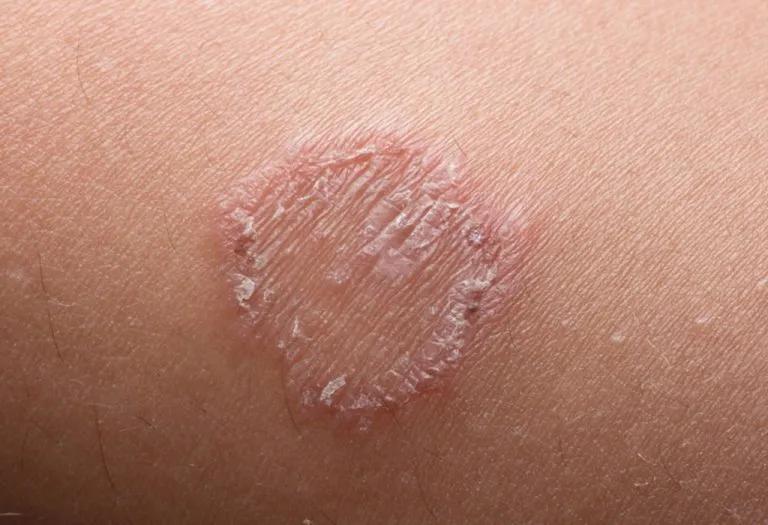
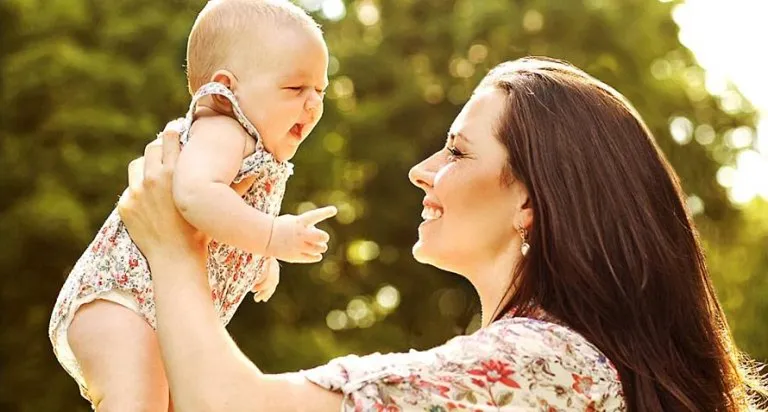
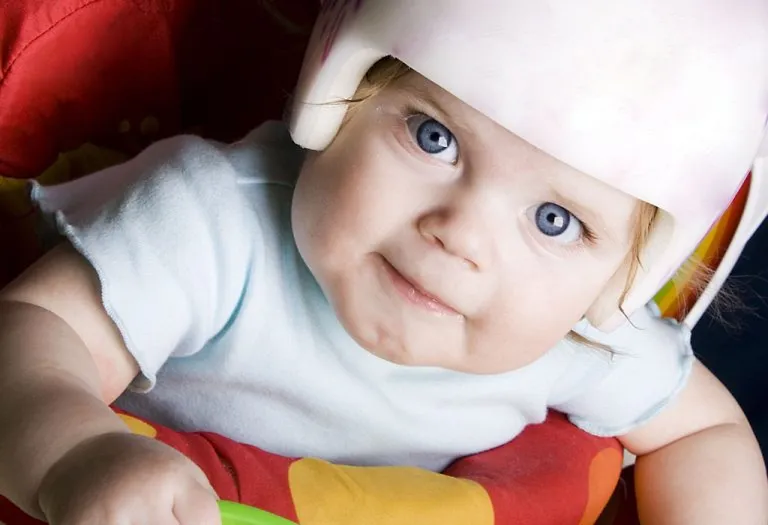

.svg)











